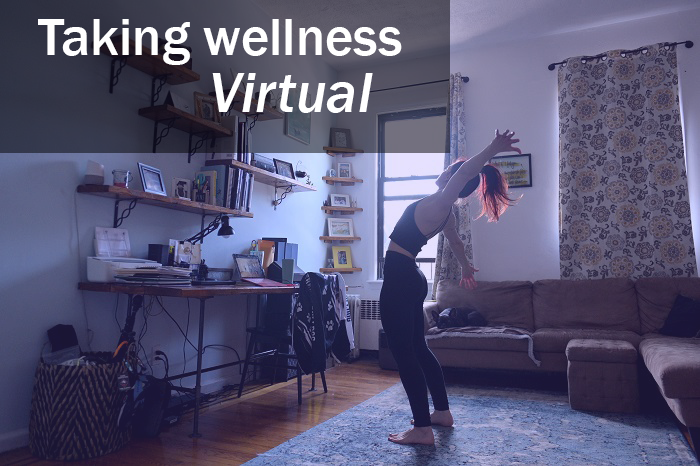Online meetings have become newly commonplace in these days of COVID-19. Online learning and development, on the other hand, has been around for years, taking advantage of remote technology as it evolved.
And evolve it has. The latest example of that tech evolution–in this case, delivered by virtual reality headsets–is Mercury XRS, a new cloud-based extended reality (XR) management platform. According to Roundtable Learning, the L&D company that launched Mercury XRS, employers are increasingly seeking new strategies for talent development and are turning to tech to find them, which will be among the many topics covered at next month’s free, virtual HR Technology Conference.
“As more employees work from remote locations, and as travel remains limited due to COVID-19, it’s become a challenge for organizations to provide equal, engaging learning opportunities for all of their employees,” says Bob Baskette, Roundtable Learning founder and chief technology officer. He calls virtual reality an increasingly viable way to offer a compelling learning experience in place of in-person opportunities.
“Additionally, the ability to train quickly and efficiently is critical as we look to keep employees’ skillsets relevant in unpredictable times,” he says.
Related: Exploring the virtual future of L&D
Baskette explains that, with an extended reality system like Mercury XRS, it’s easy to deploy training to everyone so they receive the same, consistent experience, no matter where they’re working. Typically, he says, training professionals have to access their XR devices to perform tasks manually, meaning the headsets are shuffled from location to location. Now, experiences can be assigned with only a Wi-Fi connection as needed, whether to specific employees, by devices or to a location.
Some of the world’s largest organizations have an increased need to scale up quickly to meet new employee training demands, Baskette says. And virtual reality allows them to do just that: to get employees immersed in the company culture and see the ins and outs of their business.
Related: Learn more at the virtual HR Technology Conference.
“VR can be a fast and efficient alternative to replace traditional job shadowing at a time when social distancing must be practiced, bringing to life real-world scenarios encountered on the job without compromising safety,” he says. As an example, his team worked with one national beverage company to teach employees, via VR, the functions of the various operating areas on a new piece of complicated machinery, along with the procedures needed to do their jobs safely.
“We’ve also seen a shift in the types of skillsets needed by leaders who are expected to show more understanding and support to employees balancing family, work and homeschooling,” Baskette says. “One financial corporation has ramped up their leadership training with VR to provide immersive soft skill training to its now-remote workforce.”
Mercury XRS can be loaded onto most popular XR headsets, including Oculus Go, Oculus Quest and Pico Neo 2. It also can be connected to existing learning management systems to keep career development paths intact.
According to a recent PwC study, employees in VR courses can be trained up to four times faster than in the classroom and are more confident in applying their new skills. Baskette says Mercury XRS’ simplicity creates efficiencies for learning managers who can perform critical functions easily–and safely when travel is no longer an option.
“Our software tracks and records XR training KPIs automatically, so you can see the effectiveness of the training and gather insights that help design even better learning content in the future,” he says.
Note: To learn more about how HR technology is changing during the ongoing pandemic, register for the upcoming (and free) HR Technology Conference & Expo, being held virtually Oct. 27-30.





